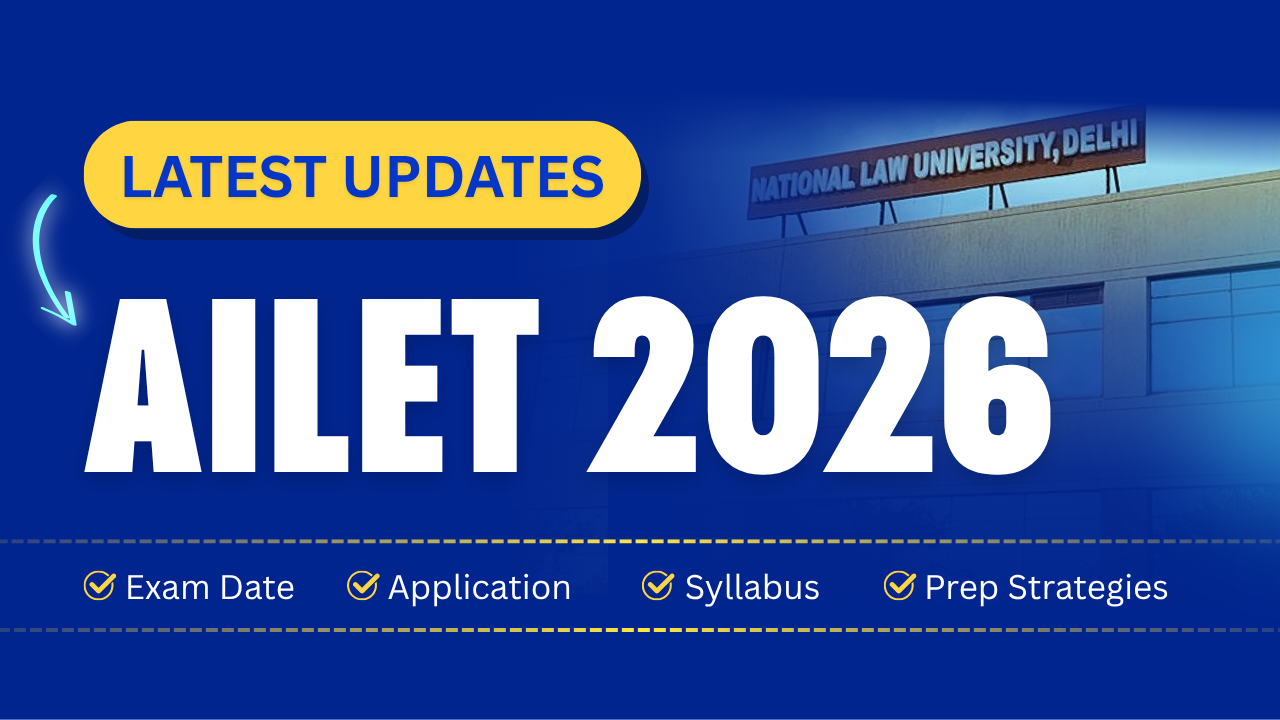By I Feb 17, 2024

Introduction
So, you are looking for one of the top law schools in India but trembling to crack tough entrance exams like CLAT, AILET, or any state level tests. Don't worry! Having said this, these are more or less your key to the legal kingdom; however, there are some less traveled routes which might lead you to your dream, and not all necessarily include the traditional entrance exam route. But here's the deal: each of these alternatives has its own challenges, and it's totally important to tread carefully in making sure your law degree holds water in the real world. Now, let's take a closer look at those alternatives, shall we?
The Road Less Travelled: Alternatives to Entrance Exams
Management Quota: The Backdoor Entry? Most private law colleges in India have something called management quota. It's almost like that pass you can get to cut the line, but it doesn't come free, and I don't mean just hefty fees. Ensure that the college is approved by the Bar Council of India (BCI) before you tread the path, otherwise the degree would be only a piece of paper.
Foreign Nationals: The Global Gateway Also, few law schools in India are also reserved for the globetrotters and international students and in such colleges, entrance scores are not required. Instead, it is your academic performance and some other criteria that get you through the door. This does sound like a sweet deal, but remember that such seats are also limited as well as they are much coveted.
Lateral Entry: The Side Entry Ever thought of getting into law school from the door of lateral entry? It would be like changing streams in your academic journey. If you have a few legal studies or a degree of related subjects to your credit, then it can be your ticket to get in. In education law, though, this is quite a rare find. Open your eyes to capture this rare sighting.
It is to be also noted that in the recent times, with the proliferation of the online medium, there are numerous online courses and distance learning programs available for legal studies. In this, the courses provide an advantage of time flexibility and no necessity for attending traditional classrooms. But then, in the case that you want to wear that black robe and practice your profession in courts of India, you would have to have something more than an online certificate. Then, the Bar Council examination is not a deal and for that, it means you must have a degree from an institution recognized by BCI.
Conventional Pathways: For Traditions Stick Around for a Reason But, tempting as the idea of short cuts or back doors sounds, the gold standard remains, in fact, the traditional route of cracking entrance exams. This is a gateway to an institution such as the National Law School of India University (NLSIU) in Bangalore or the National Academy of Legal Study and Research (NALSAR) University of Law in Hyderabad. They don't only give the highest standard knowledge, but also give guidance in reference to the best career prospects in law.
Admission Exams: The Proven Way CLAT and AILET are the alpha and omega for law aspirants across India. It is these exams that crop up the names of crème de la crème of law universities and colleges across the nation.
It's all about the critical thinking and logical reasoning coming down to one test, i.e. LSAT India, and which could be your passport to many a good private law schools in the country. And then there is your state-level exams; don't overlook them, as they could be your key to some of the best law colleges from across the states.
Choose Wisely—Your Future Depends on It Deciding on a law school is no child's play; it's all about finding a place that fits both your career goals and feels just right. There are major factors such as specialization, location, infrastructure, placement records, faculty strength, strength of its alumni network, and various others. This decision goes to shape not just your next handful of years but the rest of your career in law.
Conclusion It is almost like venturing into uncharted waters when it comes to taking the gauntlet of traditional exams to pursue a career in law in India. Or, there are ways, but they really have to be scrutinized with a solid understanding of your career goals, and also be very discriminating towards legitimacy and accreditation. "But in taking the road less traveled or sticking to the conventional path, remember in which direction to direct one's preparation, persistence, and passion for the field of law. Choose wisely, for the world needs more sharp minds to uphold justice and advocate for the voiceless.
Well, is everyone ready to embark on a journey to law? It's not about the easy way to enter, it's about the way that may lead to being a successful lawyer. Good luck!
For more information blogs on CLAT 2025, Click Here!



